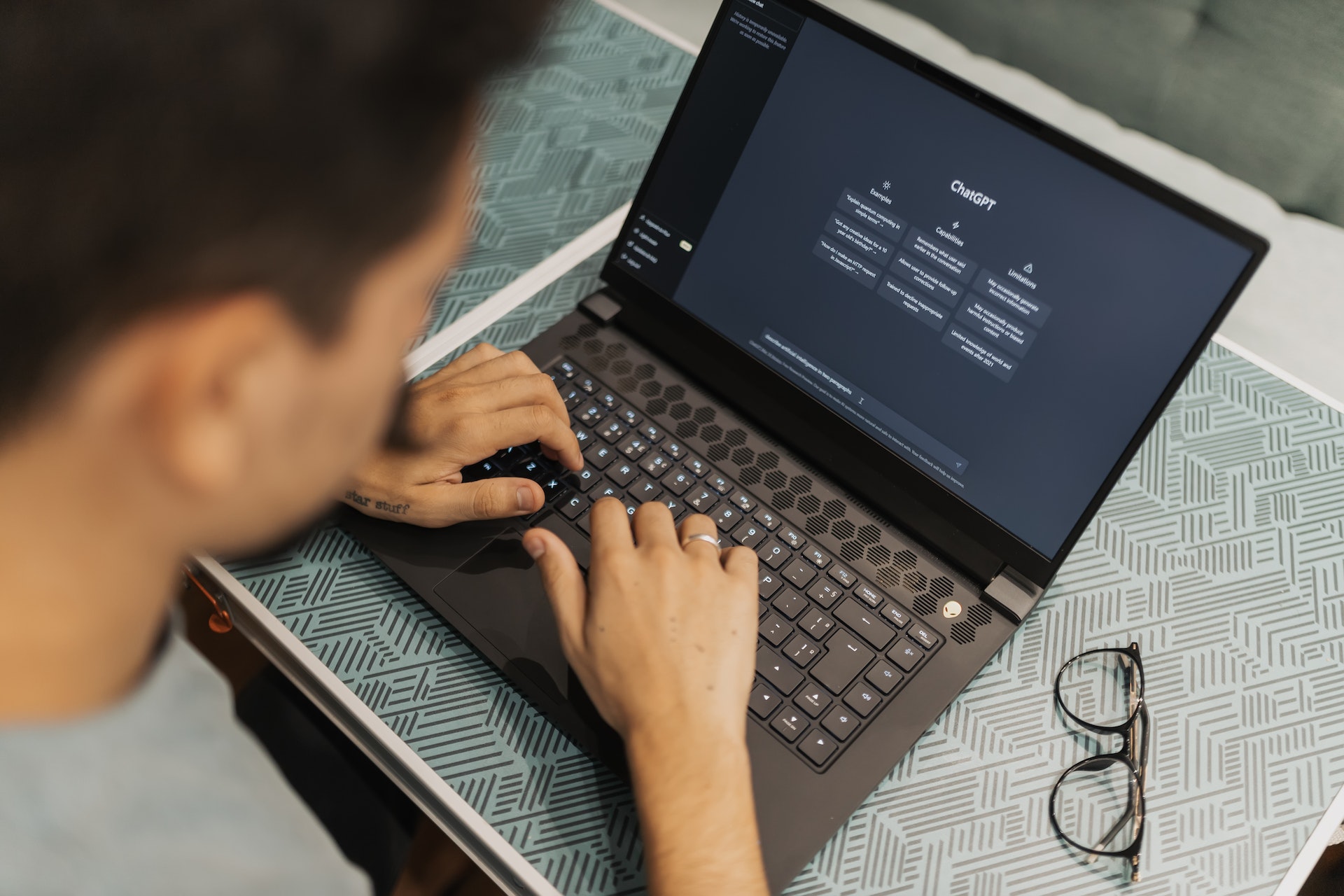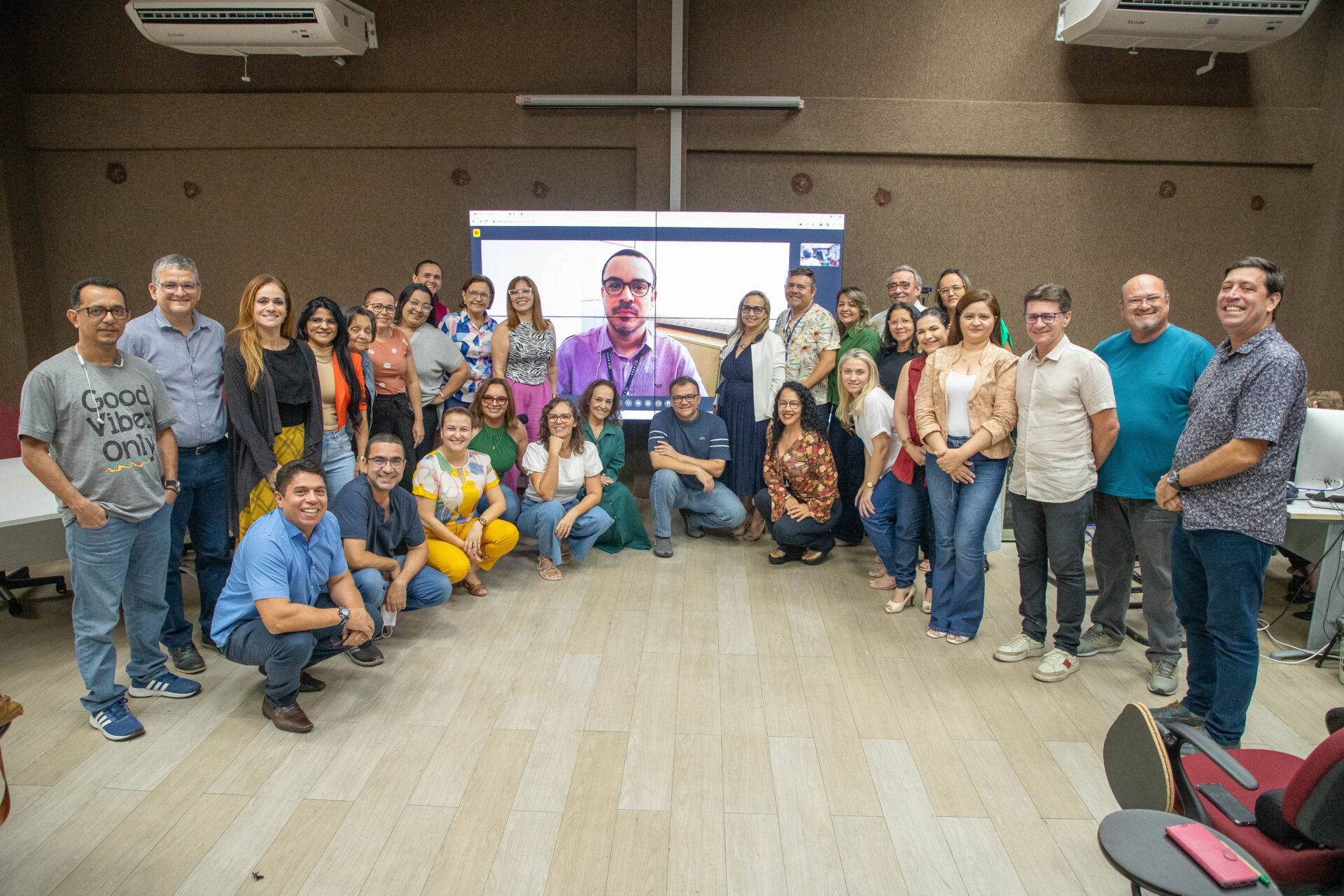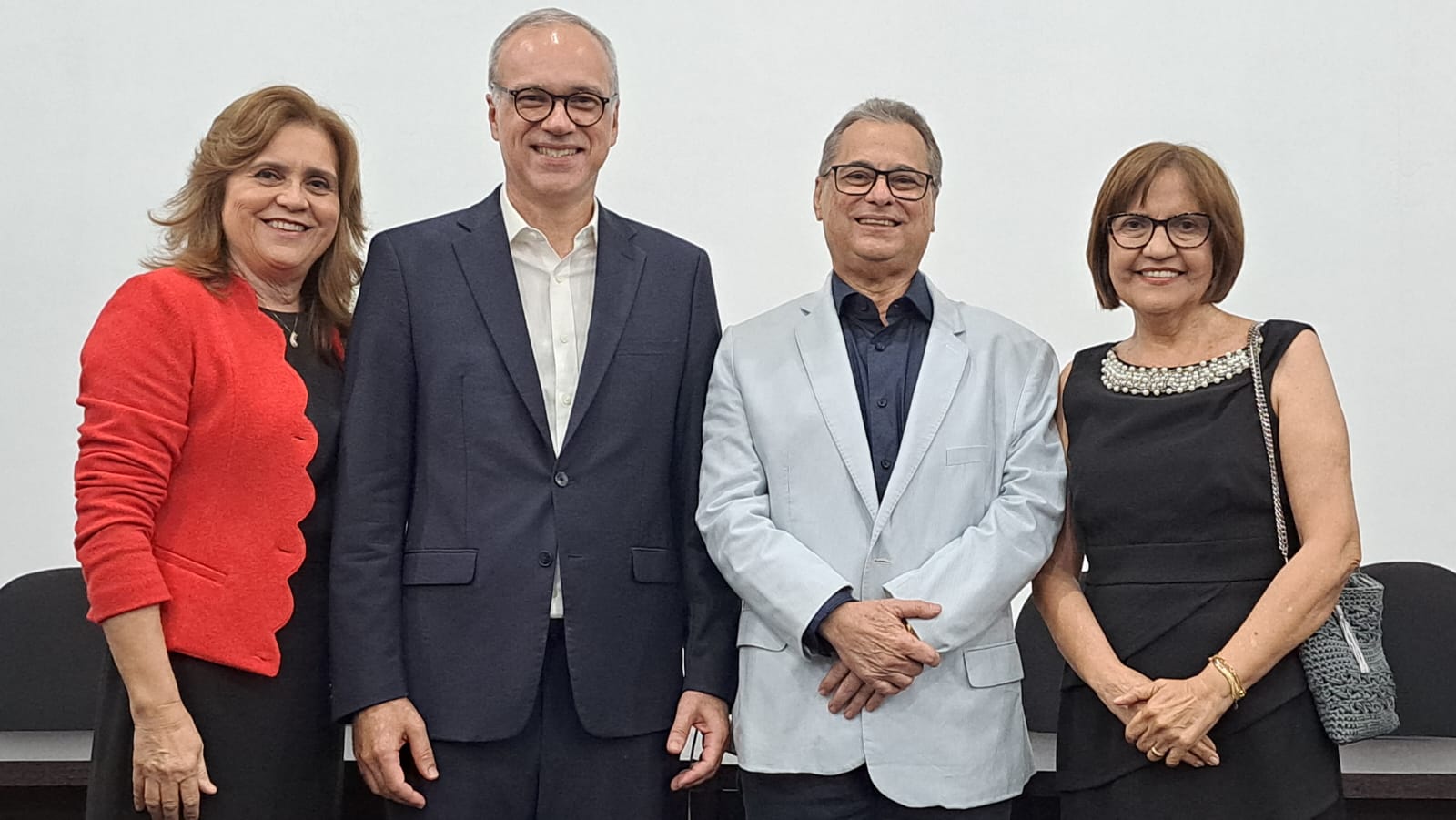Prograd, Progesp and Sedis offer course on Distance Education in Presential Education
On March 28th, 2022, the school year will start at the Federal University of Rio Grande do Norte (UFRN), with a long-awaited novelty: the resumption of face-to-face academic activities. With this in mind, the Dean of Undergraduate Studies (Proex), the Dean of Personnel Management (Progesp), and the Department of Distance Education (Sedis) have sought alternatives to reduce the impacts of the transition from emergency remote learning, the model adopted due to the covid-19 pandemic, to the reoccupation of classrooms.
Among these alternatives is the possibility of adopting a percentage of up to 20% (twenty percent) of the total workload of classroom courses, offered in the distance learning modality. This option is supported both by national legislation and at UFRN, according to the Undergraduate Course Regulations in Resolution 171/2013 – CONSEPE and Resolution 28/2019 – CONSEPE. In this sense, the partnership between Prograd, Progesp and Sedis made it possible to offer the course “Distance Education in Presential Teaching: strategies for teaching action”.
According to Ione Morais, EaD/UFRN Assistant Secretary, coordinator of the initiative aimed at the teachers of classroom education, “this course presents a conceptual approach about distance education and its characteristics, the institutional and pedagogical design of EaD at the University and the characteristics of the Moodle Mandacaru Academic Virtual Learning Environment, as a space for teaching action”. The first stage of the training occurred synchronously through videoconferences.
Besides Ione Morais, teachers Lilian Zaros and Tânia Garcia, from the SEDIS Multidisciplinary Team, acted as module instructors. Now, the course is in the self-instructional phase, and can be accessed through Progesp’s Virtual Learning Environment, AVAProgesp. According to Michelle Paiva Cruz, Progesp’s Director of People Development, “the intention is to develop competencies, for a public with a complex workload, allowing time management and work on strategic activities”.
Two thousand and six hundred vacancies were offered. The adhesion and the reach of this public were only possible because of the technological mediation. For UFRN’s Assistant Dean of Graduation, Elda Silva do Nascimento Melo, “the expectation is that we can advance in the various possibilities of interaction and development of the teaching and learning process, forming qualified professionals and maintaining UFRN’s characteristic excellence”.
Bruno Cássio – Communication Advisor, SEDIS/UFRN.
Últimas notícias
1
Use of ChatGPT and plagiarism in the academic environment will be discussed at a virtual event promoted by SEDIS/UFRN

1
UFRN, IFRN, UFERSA and UERN discuss proposals to advance the internalization of higher education in the state

1
UFRN’s Rector reinforces the strategic role of Distance Education for Rio Grande do Norte
